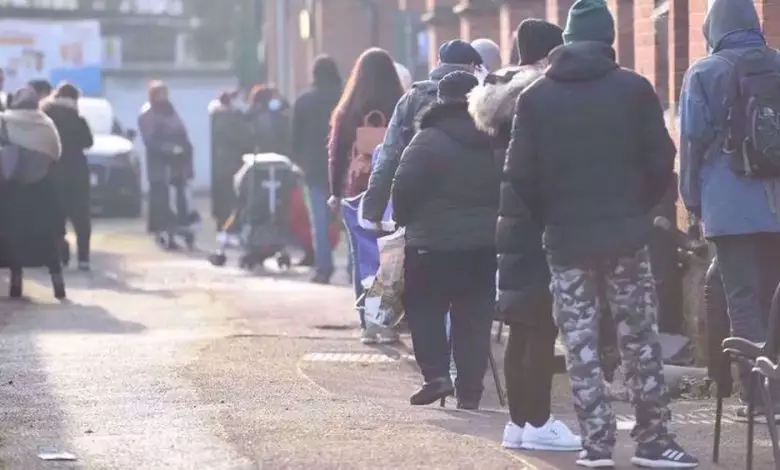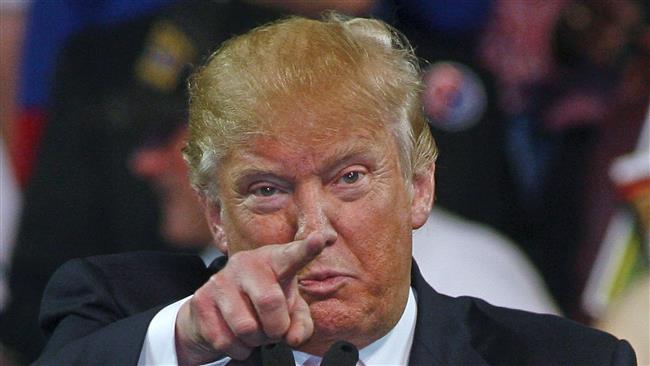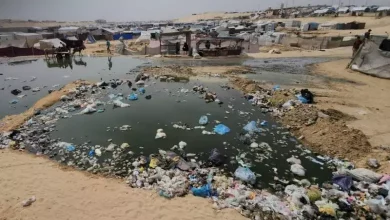Biggest rise in ‘absolute poverty’ for 30 years seen in UK
The United Kingdom has seen the biggest rise in “absolute poverty” in 30 years, according to new data published by the Department for Work and Pensions (DWP).

In Britain “relative poverty” refers to the citizens whose income is 40 percent below the national average, and “absolute poverty” measures the number of people who cannot afford a set standard of living.
UK Treasury spokesperson Sarah Olney said, “This is a devastating rise and behind these numbers will be stories of children going hungry and families unable to heat their homes.”
Meanwhile, shadow employment and social security minister Alison McGovern commented that the “Conservative government crashed the economy and unleashed a cost of living crisis, pushing families across the country into poverty and a million children into destitution.”
The shocking new figures related to “absolute poverty” have been attributed to a rise in energy prices caused by the West’s proxy war against Russia in Ukraine.
The British government tried to defend the figures with Work & Pensions Secretary Mel Stride saying the government had stemmed the issue by issuing what he called the “biggest cost of living package in Europe, worth an average of £3,800 per household.”
Stride claimed the “unprecedented support prevented 1.3 million people from falling into poverty in 2022-23.”
He added that without these measures the increase in absolute poverty would have been three times worse.
Treasury spokesperson Sarah Olney added, “This is a devastating rise and behind these numbers will be stories of children going hungry and families unable to heat their homes.”
According to an earlier UK research study, coping with hunger has become the norm for millions of Britons faced with an unprecedented rise in food prices amid the ongoing cost-of-living crisis.
The UK government says households are currently experiencing the biggest two-year squeeze in living standards since the 1950s.
In the meantime, the seemingly unending crises continue under the ruling Conservative Party.
Critics blame the Conservatives for the woes of the lower income strata in society, struggling to stay alive in the harsh economic conditions, forcing many Britons to turn to food banks amid the country’s cost-of-living crisis and soaring inflation.
Prime Minister Rishi Sunak’s economic pledge to halve overall inflation in 2023 before a 2024 election has been undermined by high food prices, which has in turn added strain to household budgets already squeezed by higher taxes and mortgage rates.




